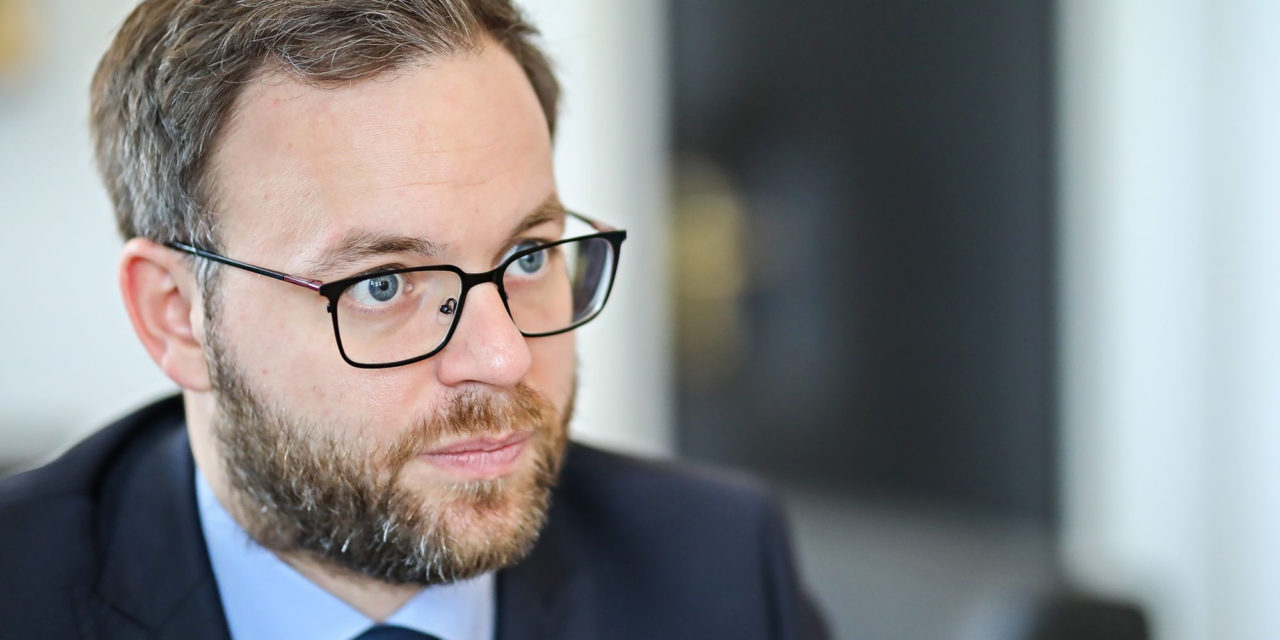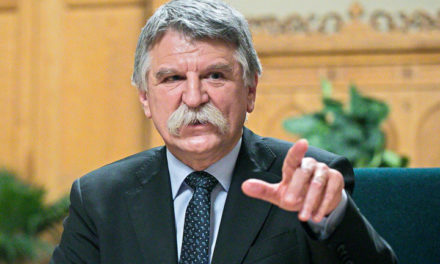Turning to the geopolitical situation of the Central European region, the state secretary called it a clear lesson that both Poles and Hungarians should take note of, that existing on a geopolitical fault line is not in the interest of the peoples of the region, these lines "must be pushed somewhere else". Regarding this goal, Hungarian and Polish thinking are similar, he stated.
The State Secretary of the Prime Minister's Office stated the connection between existence on the geopolitical fault line, in the collision zone between the powers, and membership of the European Union (EU):
Hungarian identity is a "very strong part" of Europeanness, Hungary must participate in European cooperation aimed at peace and prosperity, but the transfer of certain national powers is only possible on a voluntary basis.
EU membership is not only an opportunity, but also a responsibility - underlined the deputy minister, and he called it worrying that the weight of the EU in world politics and world trade is decreasing, while crises are constantly shaking Europe.
He objected, among other things, that in the midst of the epidemic "the various member states and political allies are being insulted" in the EU. In connection with Fidesz's exit from the European People's Party, he saw the need for a "reorganization of a united, democratic, strong right wing" instead of Christian Democrats moving to the left, precisely so that "we can once again take the future of Europe into our own hands".
Responding to the question referring to Brexit, Balázs Orbán emphasized:
"The way of Great Britain is not the way of the Central European countries".
He declared: "we will fight until our last breath so that European events turn in the direction we see as right".
The events of recent years show that the Central European region and its ability to assert its interests are being valued and strengthened. We are experiencing serious problems in Western Europe.
The Central European countries have no other option than to unite and assert their interests together, he emphasized. He believed that it is in the interest of all other actors that the rise of Central Europe does not succeed. However, if we know that "we can't rely on anyone but ourselves", it seems quite simple how to solve the problems that arise on a daily basis, and with what methodology, he stated.
He underlined: continuous consultation is necessary to achieve the goals, and the Polish and Hungarian leadership "deeply understand" each other's thinking and dilemmas, and are able to harmonize them.
Source: magyarhirlap.hu












